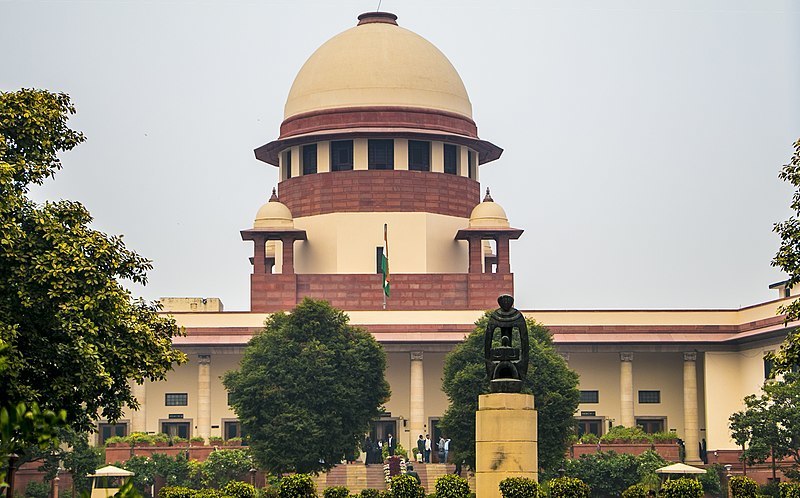In a landmark decision, the Supreme Court of India has urged the Union Government to explore the feasibility of introducing a comprehensive sentencing policy to address the wide disparities in sentencing convicts across the nation. The court’s observations came while adjudicating a case involving a Protection of Children from Sexual Offences (POCSO) trial, where the accused was convicted and awarded the death sentence within a single day, without adequate opportunity for defence.
Expressing concern over the current judge-centric sentencing system, the bench comprising Justices MM Sundresh and SVN Bhatti emphasised the need for a clear and uniform policy to ensure fair and consistent sentencing practices. In their judgement, they stated:
“As it is an important aspect which has escaped the attention of the Government of India, we recommend the Department of Justice, Ministry of Law and Justice, Government of India, to consider introducing a comprehensive policy, possibly by way of getting an appropriate report from a duly constituted Sentencing Commission consisting of experts in different fields for the purpose of having a distinct sentencing policy.”
The court highlighted the inherent disparities in the current system, where sentences are largely influenced by individual judges’ backgrounds, mindsets, and personal experiences. Justice MM Sundresh aptly remarked, “A Judge can never have unrestrictive and unbridled discretion, based upon his conscience formed through his understanding of the society, without there being any guidelines in awarding a sentence.”
Acknowledging the complexity of the issue, the Supreme Court suggested that the Union and State governments engage in a conscious discussion and debate, potentially constituting a Sentencing Commission comprising experts from various fields, including legal fraternity, psychologists, sociologists, criminologists, executives, and legislators. The court emphasised that societal experience would be invaluable in arriving at a correct conclusion.
The judgement also underscored the importance of considering the feasibility of releasing convicts on probation or after admonition before passing a sentence, as mandated by Section 360 of the Code of Criminal Procedure (CrPC) and the Probation of Offenders Act, 1958. The court stated, “Any attempt to ignore either Section 360 of the CrPC, 1973 or the provisions as mandated in the Act, 1958 would make their purpose redundant.”
Furthermore, the Supreme Court highlighted the need for an independent authority to assess the conduct and behaviour of the accused for the purpose of determining an appropriate sentence. The court suggested that the guidelines proposed by it may also be considered in formulating a comprehensive sentencing policy.
By calling for a comprehensive sentencing policy, the Supreme Court aims to address the existing disparities and ensure a fair, consistent, and transparent approach to sentencing in India, aligning with the principles of natural justice and fundamental rights enshrined in the Constitution. The court’s recommendation comes as a significant step towards reforming the sentencing system and upholding the principles of a fair trial and equal justice for all.

